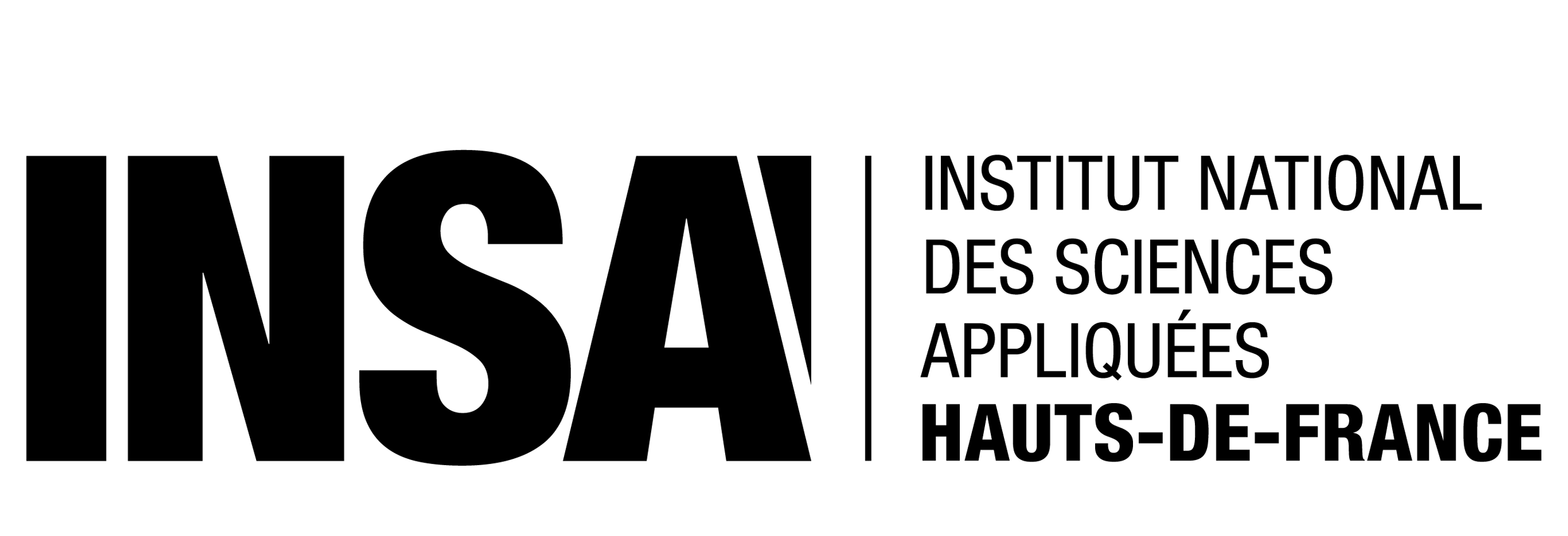
Séminaire du CERAMATHS - DMATHS : exposés d'Élisabeth Lacazedieu et Nacira Agram
Le séminaire du département de mathématiques du CERAMATHS accueillera Élisabeth Lacazedieu (LAMIH, UPHF) et Nacira Agram (Royal Institute of Technology Stockholm, Suède), jeudi 27 juin 2024
-
Le 27/06/2024
-
14:00 - 16:30
-
Séminaire
-
Campus Mont Houy - Bâtiment Abel de Pujol 2 - amphi 70E
Le séminaire du département de mathématiques du CERAMATHS accueillera, jeudi 27 juin 2024,
* à 14h Elisabeth Lacazedieu (LAMIH, UPHF)
Identification inverse de paramètres à l'aide de modèles réduits
L'identification inverse de paramètres est un problème récurrent en mécanique en raison des multiples sources d'incertitudes sur les milieux et leurs interactions avec l'environnement.
Dans cet exposé, nous illustrerons quelques méthodes basées sur des modèles réduits appliqués à la prévision des bifurcations de systèmes dynamiques de comportements non linéaires.
* à 15h30 Nacira Agram (Royal Institute of Technology Stockholm, Suède)
Deep learning for conditional McKean-Vlasov Jump diffusions
My talk focuses on using deep learning methods to optimize the control of conditional McKean-Vlasov jump diffusions. We begin by exploring the dynamics of multi-particle jump-diffusion and presenting the propagation of chaos. The optimal control problem in the context of conditional McKean-Vlasov jump-diffusion is introduced along with the verification theorem (HJB equation). A linear quadratic conditional mean-field (LQ CMF) is discussed to illustrate these theoretical concepts. Then, we introduce a deep-learning algorithm that combines neural networks for optimization with path signatures for conditional expectation estimation. The algorithm is applied to practical examples, including LQ CMF and interbank systemic risk, and we share the resulting numerical outcomes.
Based on joint work with Jan Rems.
Responsables du séminaire
Serge Nicaise
Bouchaïb Sodaïgui

Le séminaire du CERAMATHS - DMATHS
16.10.2024


